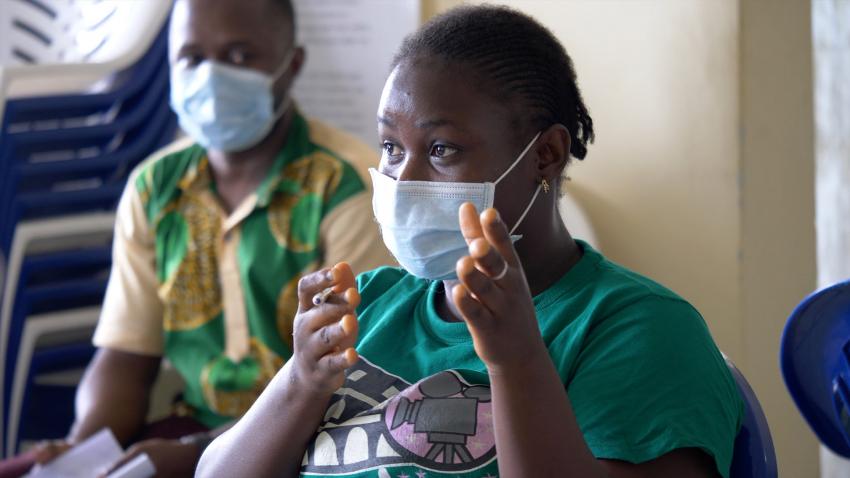HUMAN RIGHTS and anti racism campaigners have warned of a rise in pandemic-related hate crime and xenophobia.
Organisations such as the UN and the International Organization of Migration (IOM) have pointed to a number of documented cases of aggressive behaviour and hate speech towards refugees, migrants and asylum seekers who are being scapegoated as alleged potential carriers of the coronavirus and a health threat to European societies, Canada and the USA.
Conspiracy theories
Media analysts have highlighted the fact that internet is overflowing with anti-Semitic conspiracy theories spread by far-right groups.

Anti-Muslim actions have been intensified in Europe and globally, and recently, Africans have become a target for xenophobia in China.
Even African nationals living peacefully together have started to criticize each other.
In a recent message United Nations Secretary-General António Guterres appealed for a strong effort to end hate speech globally.
He said: “We must act now to strengthen the immunity of our societies against the virus of hate.”
Scapegoating
Campaigners say that growing xenophobia, hate and scapegoating during times of hardship will be among the tough post-COVID-19 challenges that people around the world will face.
According to the IOM stigmatization of certain groups during public health crises is not new.
From terrorism to disease outbreaks, migrants have often been scapegoated for endangering native populations and been subject to verbal and physical assaults, racist threats and institutional exclusion.
“Diseases have at times been perceived as ‘foreign’,” said an IOM spokesperson pointing to the examples of HIV/AIDS in the 1980s and more recently, Ebola.
According to the World Health Organization (WHO), stigma can drive people to hide their illness to avoid discrimination, preventing them from seeking immediate health care.
To tackle these issues IOM has issued a toolkit for strengthening the design, delivery and evaluation of migration communications campaigns.
Balanced information
It aims to ensure that rapid, accurate and balanced information reaches the audiences that most need to access it.

IOM Director General António Vitorino said: “We are seeing an alarming increase in anti-migrant rhetoric, in particular the scapegoating of migrants and others in the public domain and online. The toolkit provides clear, proven approaches to address and reduce the impact of misinformation.”
‘Migrants as Messengers’
In Guinea, returned migrants are helping their communities prevent the spread of COVID-19 – and misinformation around the pandemic – through the IOM “Migrants as Messengers” community engagement project.
“A lot of people think that if they are sick, they will face stigmatization,” said Elhadj, a volunteer. “We are going to help people understand that if someone is sick, they have to go to the hospital.”
Another example of a positive story aimed at tackling misinformation about refugees that the IOM initiative has produced is that of Mohammed, 39.
We must act now to strengthen the immunity of our societies against the virus of hate.
United Nations Secretary-General António Guterres
He worked as a doctor in Libya and was training to become a surgeon until violence forced him to flee to France in 2016.
Mohammed passed the French language exams required to start the process of registering as a doctor and completed internships where he shadowed senior doctors at hospitals.
When the COVID-19 crisis began in France, he immediately registered on the emergency roster set up by the Ministry of Health to support medical staff in hospitals.
“My dream is to work as a doctor,” Mohamed says.


Comments Form